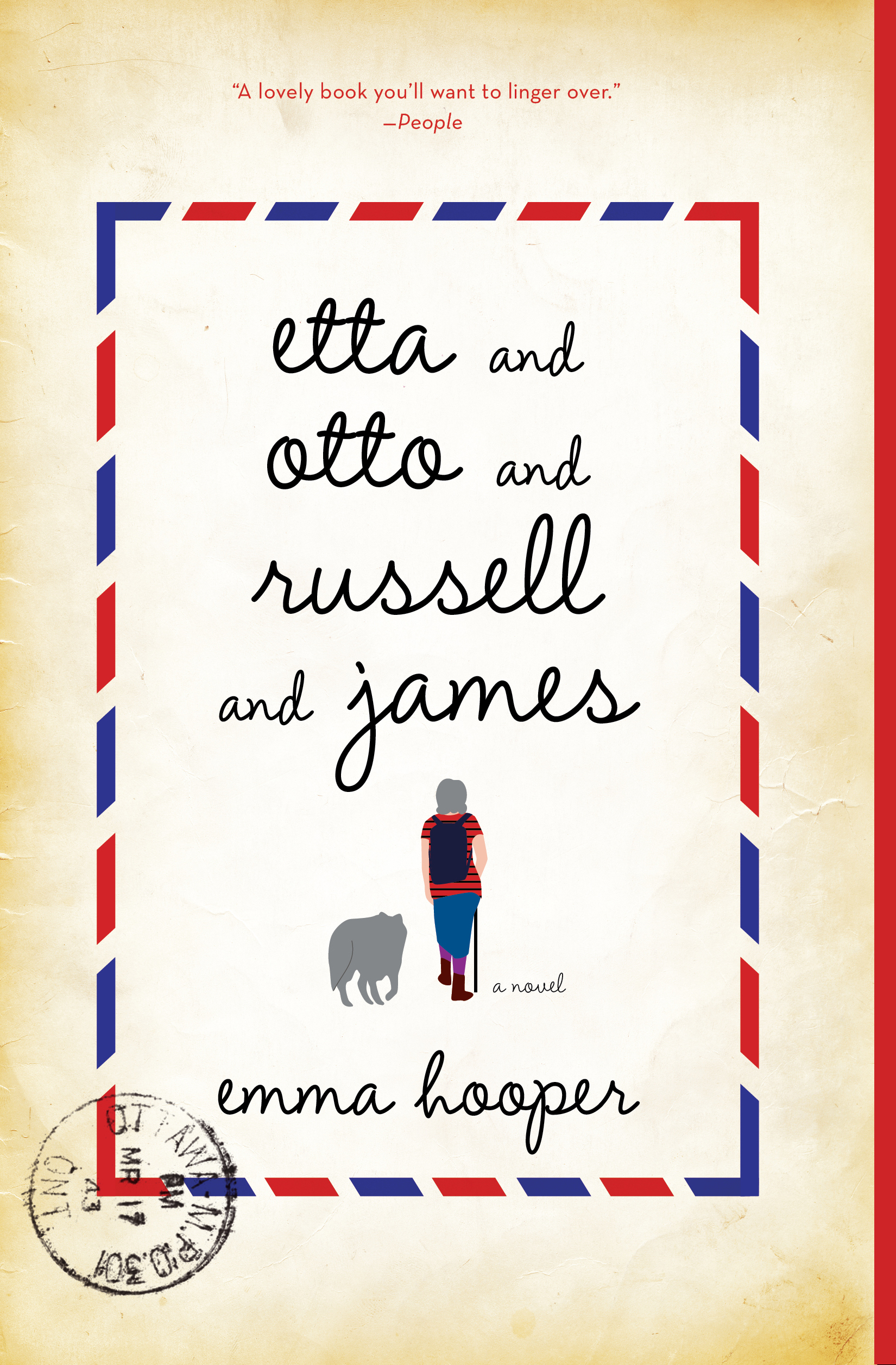What do you think?
Rate this book


337 pages, Paperback
First published January 29, 2015

Otto,
I’ve gone. I’ve never seen the water, so I’ve gone there. Don’t worry, I’ve left you the truck. I can walk. I will try to remember to come back.
Yours (always),
Etta.
Look, said Gérald [a soldier], it’s just like chess. Sometimes it’s our turn to be moved, either aggressively or defensively. Sometimes we’re not moved for ages. Sometimes we’re moved back to a place we’ve just been. It all seems random from here, but from above, for those who can see the whole board, it probably makes sense.